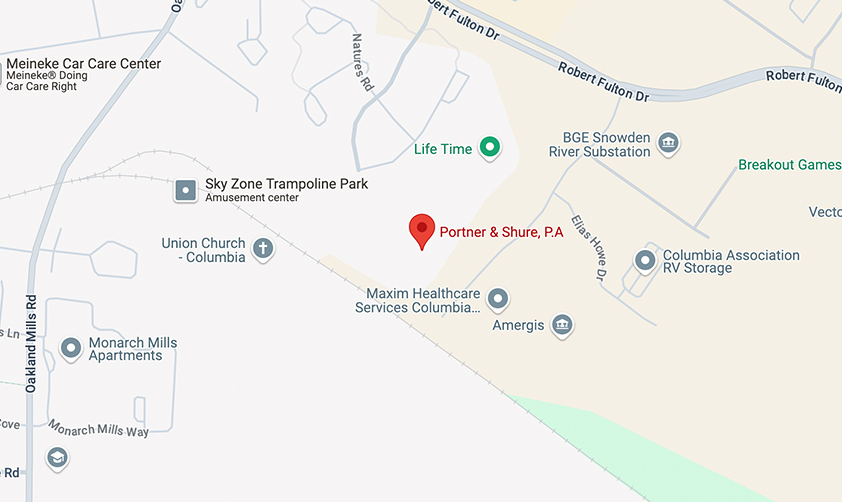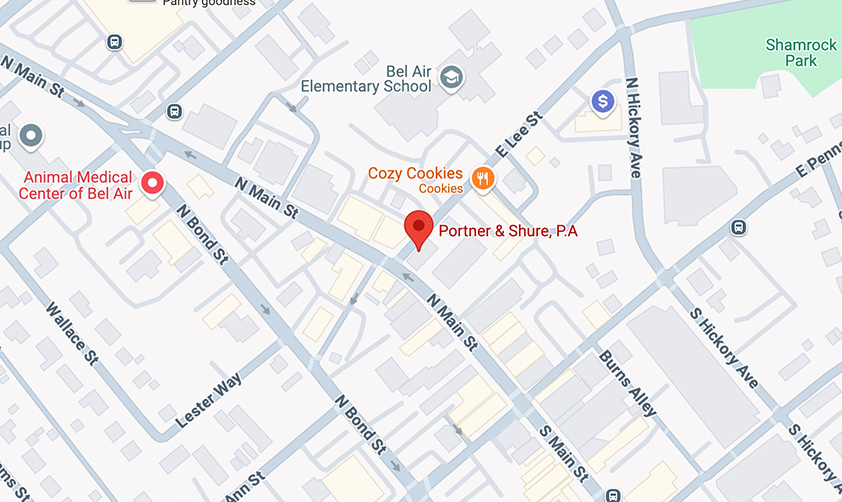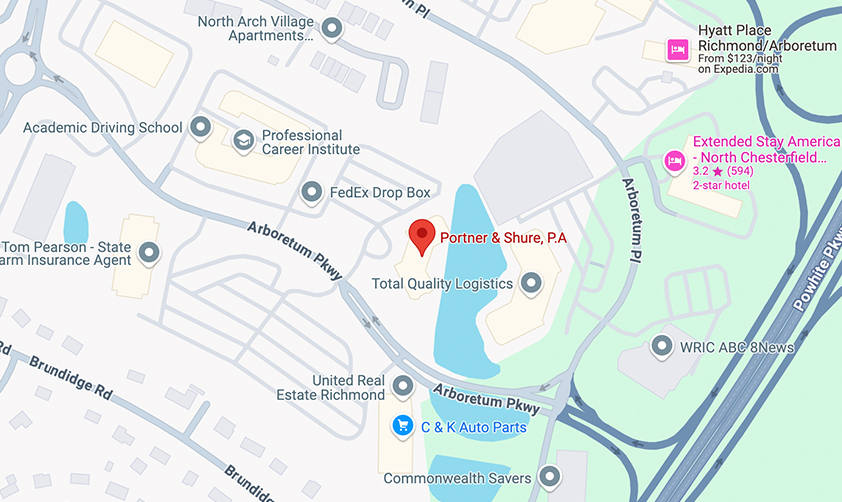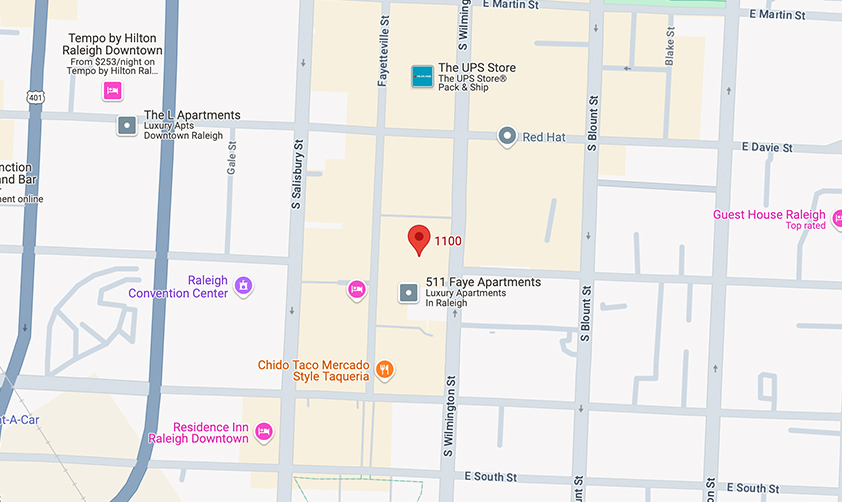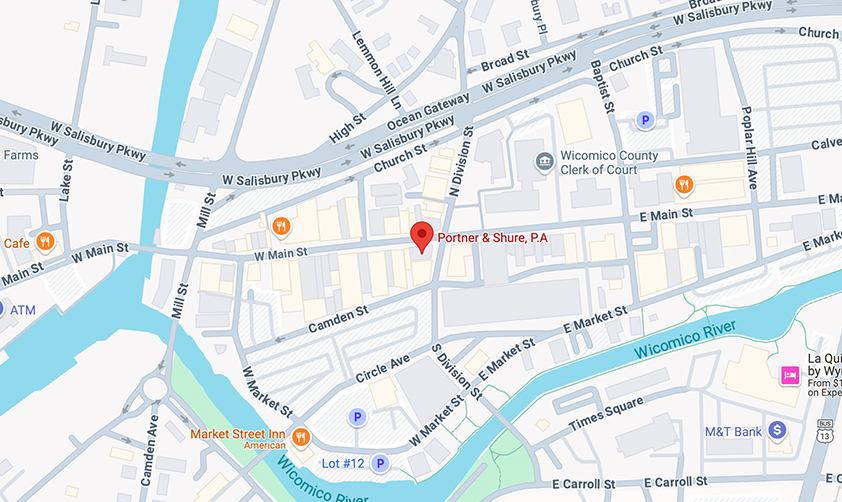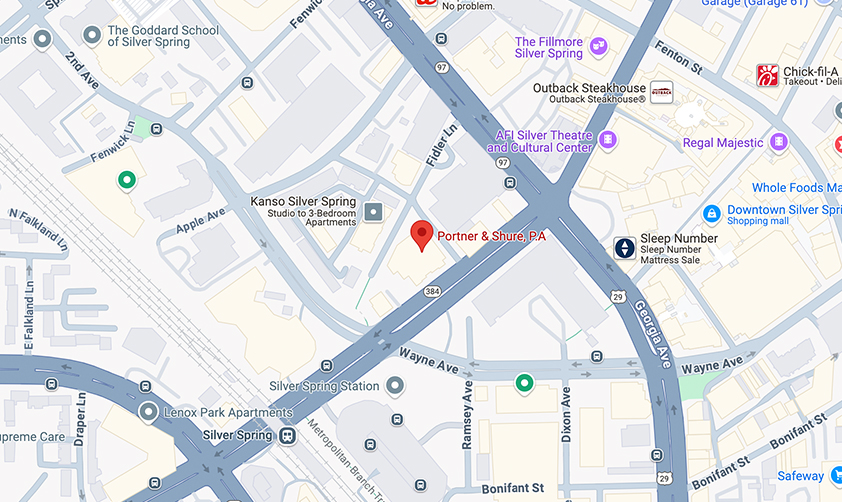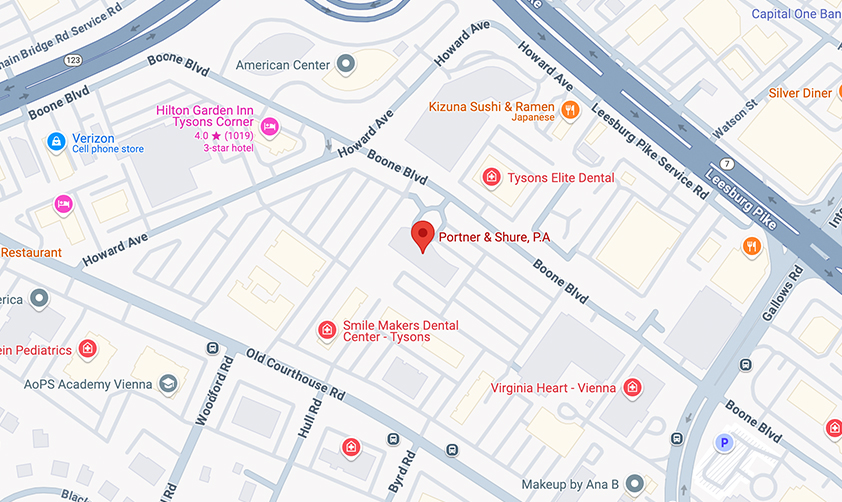Available 24/7 Free Consultation
(410) 995-1515
According to a new study from the Queensland University of Technology's Centre for Accident Research & Road Safety, many new mothers report that drowsiness affected their driving safety. It was found that postpartum sleepiness resulted in errors behind the wheel, putting both mother and the newborn child at risk for harm.
The researchers found that new moms had a hard time concentrating on the road while driving, but still need further research to understand how lack of sleep affects mothers in the months after a child is born. Researchers are still trying to discern why some mothers feel more tired after childbirth. It is no mystery that children are hard work and all the care and worry of a newborn child will leave anyone tired, but researchers are trying to see if there is more than meets the eye. For now, in order to try and prevent the dangers of drowsy driving, it is important to target the root of the problem: getting more sleep. Do this by:
1) Having a sleep plan: Get the help of your partner or a night nurse to help you handle the transition into motherhood. Have a sleep schedule in order to ensure that you are awake and alert. Dividing other tasks such as feedings and chores will also help take the pressure off.
2) Use the hospital nursery: After childbirth, do not feel pressured to do everything yourself. Mothers need rest immediately after childbirth and this is your time to rest and recover.
3) Don't take on more responsibilities: Make sure you have enough time to take care of yourself and get the rest that you need.
4) Sleep when the baby is sleeping: Don't try to use nap time to squeeze in more chores or tasks, just try to take any time you can to nap yourself and catch up on some needed rest.
5) Learn to accept help: Don't feel guilty or ashamed to accept help from others. Sleep is not a luxury, it is a necessity. When a friend or family member offers to help, do not be afraid to say "yes."


Expect More with
Portner & Shure
The legal system can be intimidating, but you deserve more. Expect more guidance, more dedication, and more results from our experienced trial attorneys every step of the way.


